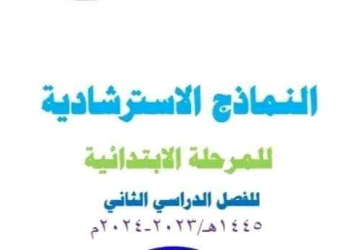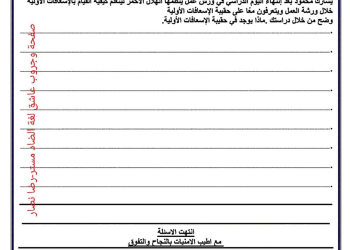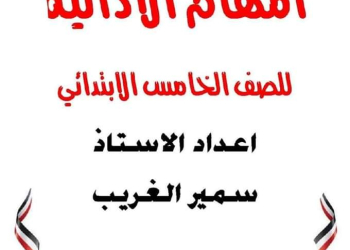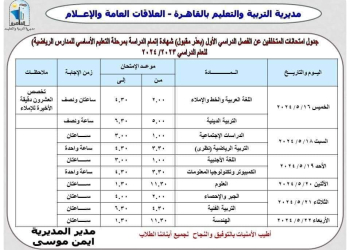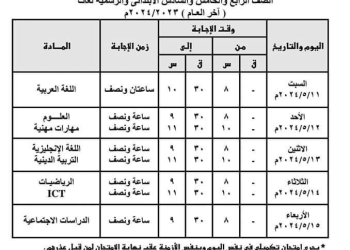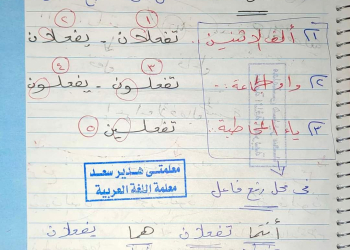Nearly a year after the World Health Organization first declared a global health emergency, School closures are severely undermining learning opportunities for students at all levels, from primary to higher education. They are also depriving students of social contact with their peers.
In low- and middle-income countries that have fragile education systems, the impact is particularly acute. This is why the World Bank is now working in 62 countries on COVID-19 response projects with education components. These total US$4.7 billion, covering the entire education cycle from early childhood to higher education. The focus includes remote learning, boosting long-term systemic resilience, and reducing education inequalities, which have grown during the pandemic.
As the world marks the International Day of Education, it remains as urgent as ever to tackle the silent global education crisis, which was already festering before the global health crisis and is now further aggravated by the pandemic.
Before the coronavirus spread around the world, over a quarter billion children were not attending school globally. And an estimated 53% of children in low- and middle-income countries suffered from Learning Poverty, unable to read and understand a simple text at the age of 10. We were already facing a learning crisis.
Many school systems have reopened only to be forced to return to remote or hybrid learning. Early evidence from high-income countries has already revealed learning losses and increases in inequality. The financial strain on families caused by the pandemic-related recession has also increased the dropout rate, with girls particularly at risk of missing out on education.
As the public health emergency continues to rage, an additional 72 million children have seen their learning and long-term prospects undermined. to 63 percent. Beyond the tragic consequences for members of this generation, who face unfulfilled potential and collective future earning losses of up to $10 trillion, countries could suffer a long-term shortfall in the skilled human capital they will need to recover and sustain their economic growth.
But it can also serve as a catalyst for sustainable and innovative reform. A path forward and a new vision for the education of the future are emerging, which harness the power of innovation and technology and support teachers’ skills and creativity.
While addressing the COVID-19 emergency, countries are laying the foundations for greater resilience and sustainability in education. That is why we are working with countries on the next phases. What comes next is managing continuity, with the immediate priority to ensure that schools reopen safely and minimize student dropouts, especially among girls.
Looking to the future, we need to recover learning losses and build the foundations for accelerated learning that provides the opportunity to build resilient, equitable, and personalized education systems that are not confined to the four walls of the classroom. Learning must become accessible to everyone, everywhere.
To address financing challenges and ensure that skills development programs remain relevant in a rapidly changing social and economic landscape, higher education will also have to change. It must make greater use of information and communications technology, tapping the pools of knowledge and skills in universities and vocational training centers for problem solving and community service.
The African Centers of Excellence, for example, have supported rapid response initiatives by universities and research faculties in 19 countries across the continent. This has included developing personal protection equipment (PPE) and training medical technicians to deliver rapid COVID-19 testing and, soon, vaccination. In Pakistan, the authorities have provided access to online platforms to a million university students.
These are important steps in the right direction. Closing the digital divide will be costly but crucial to ensure that even the most disadvantaged have equal access to learning. It will be equally important to ensure that teachers at all education levels are adequately trained and supported to operate in non-traditional learning environments. “School beyond walls” also means supporting parents’ efforts to help children learn at home.
The challenge is huge, but the well-being and prosperity of an entire generation are at stake.
Urgent, Effective Action Required to Quell the Impact of COVID-19 on Education Worldwide
World Bank Managing Director of Development Policy and Partnerships
I think that this article is great!
This site uses cookies to optimize functionality and give you the best possible experience. If you continue to navigate this website beyond this page, cookies will be placed on your browser. To learn more about cookies, click here.


